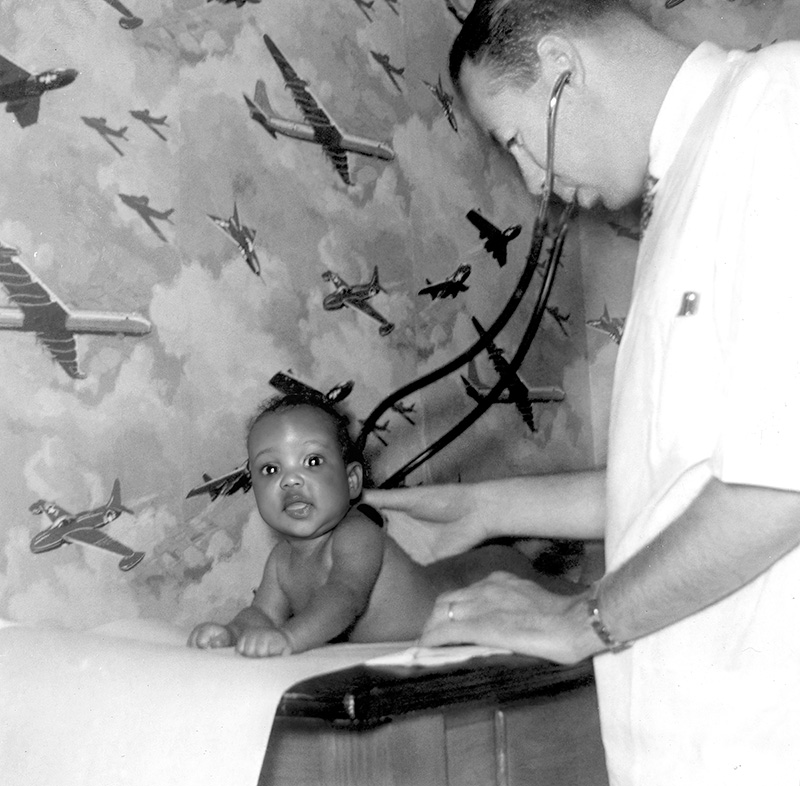
Focus Feature: 60 years of transforming care
Our 2023 Annual Report celebrates our history
Kaiser Permanente Southern California’s legacy of research aimed at improving health and health care began in the early days of the Southern California Permanente Medical Group. Now celebrating its 60th anniversary, the program conducts research used as evidence for national and international policymaking as well as improvements to patient care.
In our 2023 Annual Report, we share the history of our program. Follow us through the decades in the stories below or download the full report, which also highlights our significant 2023 findings, clinical trials, and funding awards and projects, as well as lists our scientists and clinician investigators. You can also see a list of all 650+ journal articles published in 2023.
R&E News and Features
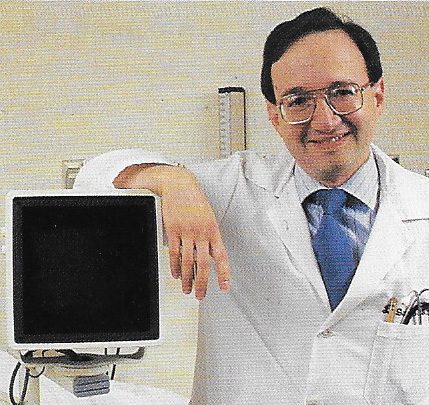
Welcome to our 60th anniversary of research
In the beginning, it was physicians like Dr. David Sacks — the longest-serving SCPMG physician working on research today — who used what they were seeing in the clinic to power research to improve health and health care at Kaiser Permanente and beyond.
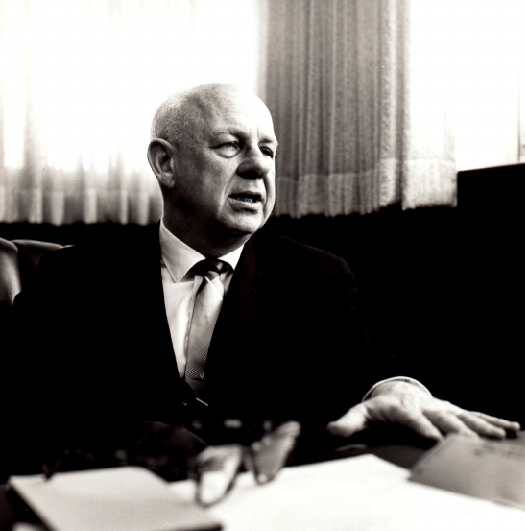
In the 1950s and 1960s, research was labor of love
The origins of our research program can be traced back to the early days of the Southern California Permanente Medical Group. The first research department was established in 1963.
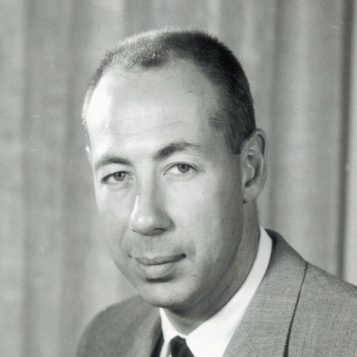
Research became more formalized in the 1970s and 1980s
In the early 1970s, the medical group decided that the Department of Education and Research needed a physician leader. Samuel O. Sapin, MD, SCPMG’s first pediatric cardiologist, got the job.
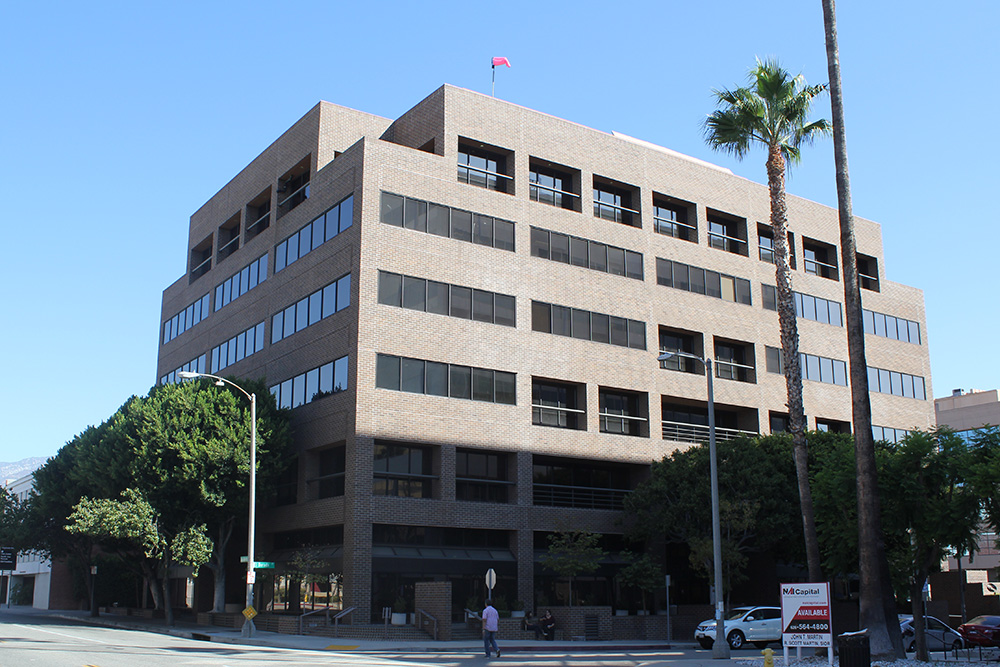
Research & Evaluation aspirations of growth began in the 1990s
In the 1990s, Southern California’s research program was significantly smaller than programs in other Kaiser Permanente regions. SCPMG made a number of moves to expand the program including tapping new leadership.
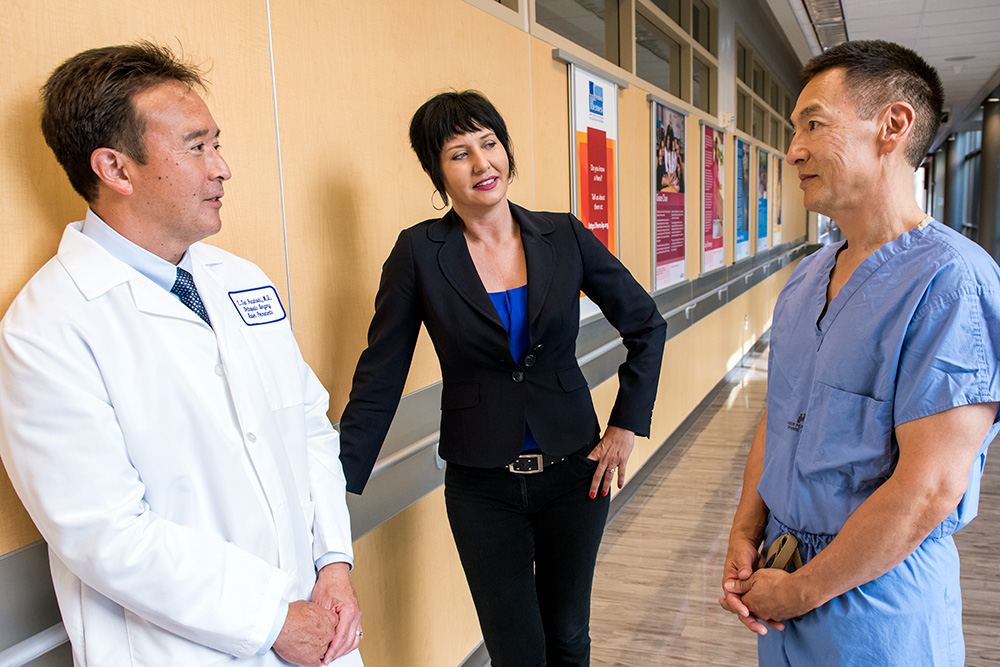
Researchers began to tap into robust data systems in the 2000s
The U.S. Food and Drug Administration approached Kaiser Permanente about conducting a drug safety study. The findings made headlines. The drug was pulled from the market. KPSC research took another leap forward with the founding of the Total Joint Registry in San Diego.
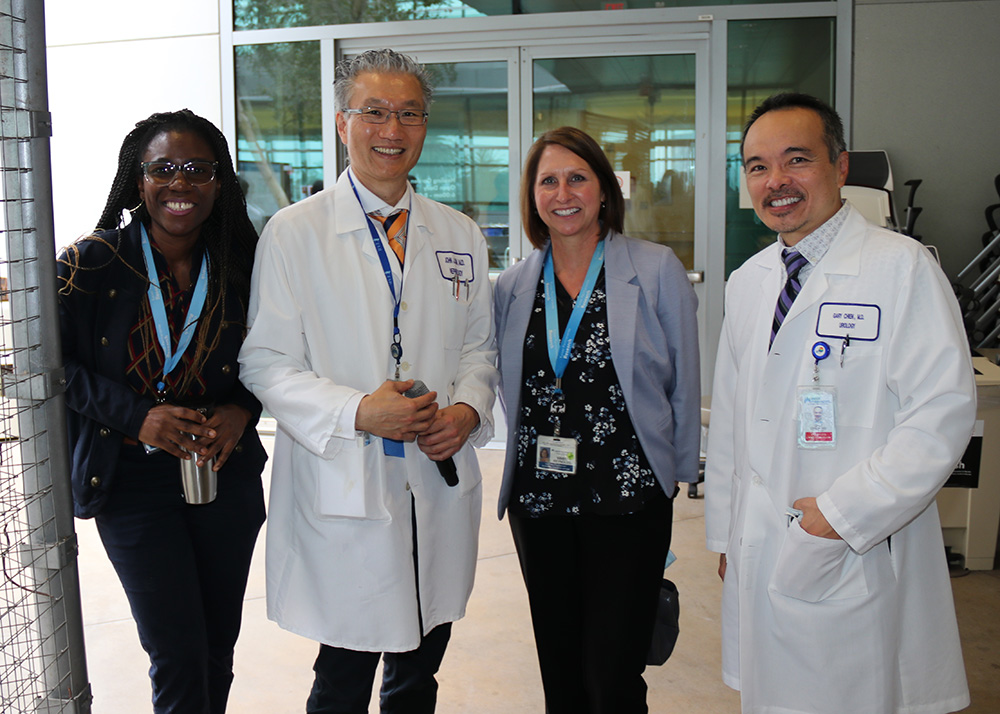
With the 2010s, came an emphasis on transforming care
The department grew exponentially in the 2010s. It also was a time when the focus intensified on bringing physicians and scientists together to improve care.
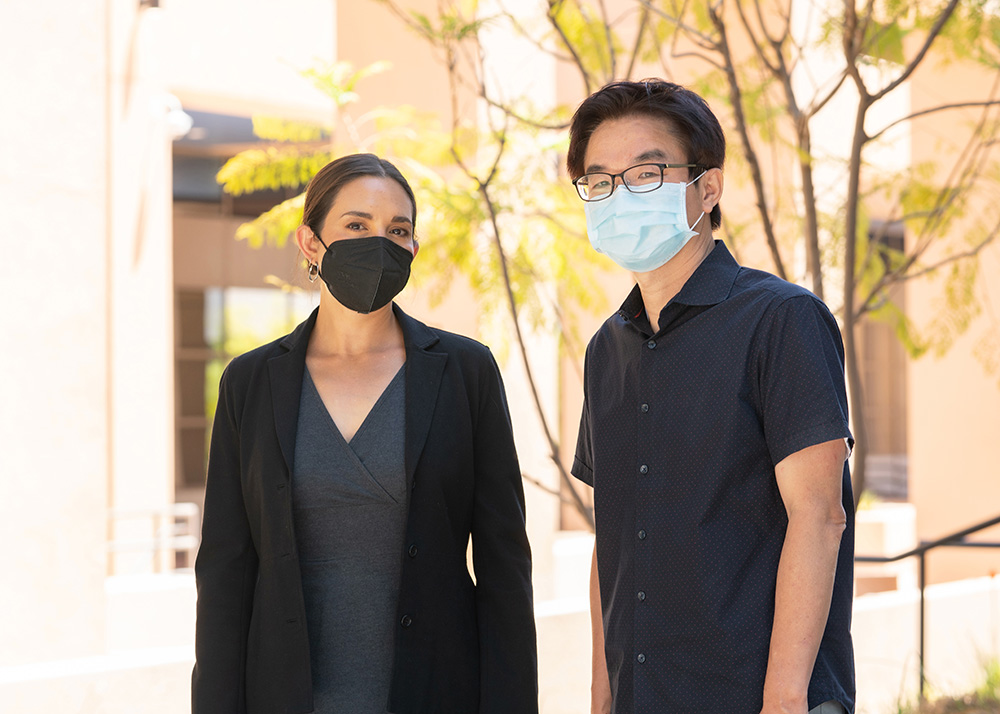
Research draws global attention in the 2020s
While vaccine research from Kaiser Permanente Southern California became a regular feature at advisory committees to the CDC and FDA during the COVID-19 pandemic, the influence of our research extended well beyond COVID.
In the News
Five questions...
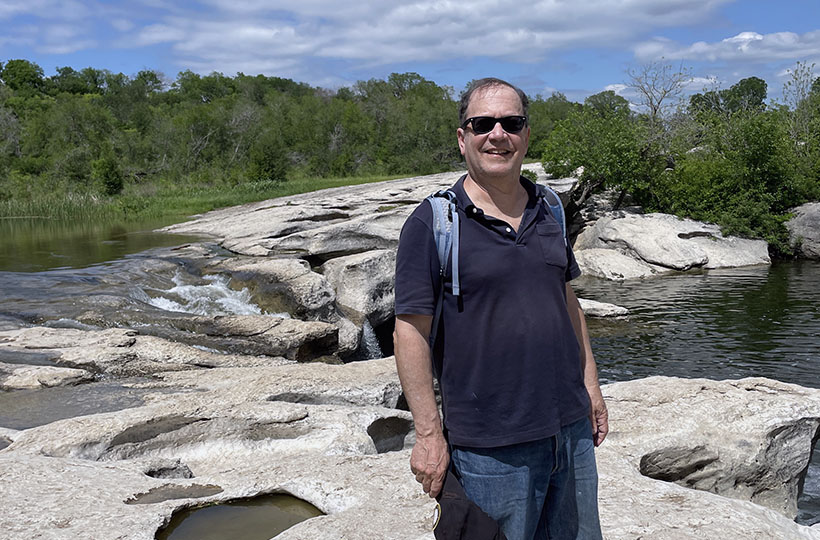
for Dr. Michael Kanter
Michael Kanter, MD, was 28 years old and fresh out of his residency in 1984 when he was hired as a pathologist at the Kaiser Permanente West Los Angeles Medical Center. He served as the quality care leader for Kaiser Permanente at both the regional and national levels for many years and was responsible for the development of the organization’s national quality strategy.

